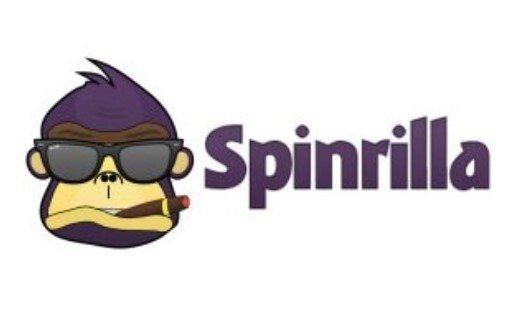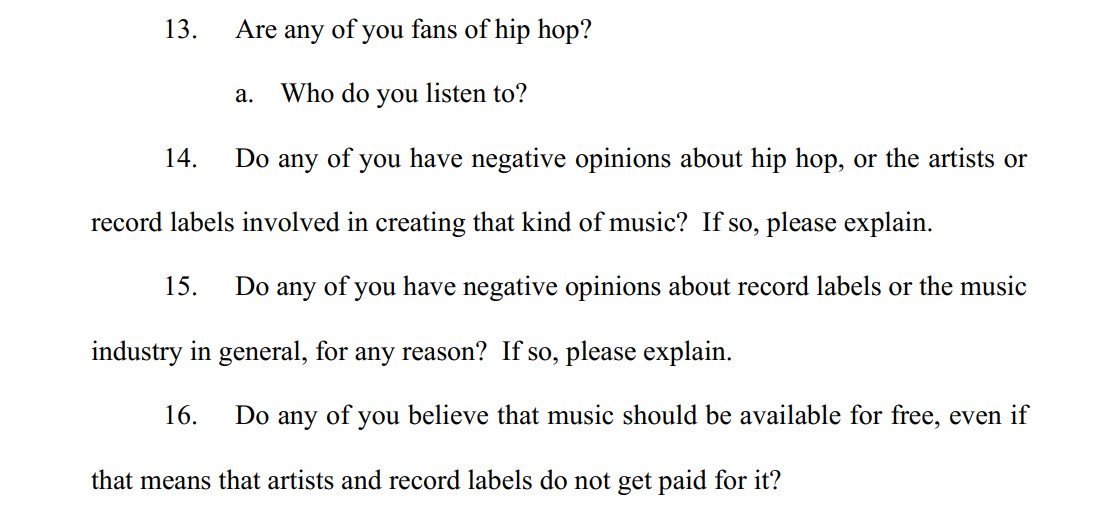 Operating a mixtape site is not without risk. By definition, mixes include multiple sound recordings that are often protected by copyright.
Operating a mixtape site is not without risk. By definition, mixes include multiple sound recordings that are often protected by copyright.
Popular hip-hop mixtape site and app Spinrilla, which has millions of users, is well aware of these risks. In 2017, the company was sued by several record labels, backed by the RIAA, which accused the company of massive copyright infringement.
“Spinrilla specializes in ripping off music creators by offering thousands of unlicensed sound recordings for free,” the RIAA commented at the time.
Spinrilla Fought Piracy Accusations
The hip-hop site countered the allegations by pointing out that it installed an RIAA-approved anti-piracy filter and actively worked with major record labels to promote their tracks. In addition, Spinrilla stressed that the DMCA’s safe harbor protects the company.
As the case progressed both parties filed motions for summary judgment. The music companies requested rulings to establish, before trial, that Spinrilla is liable for direct copyright infringement and that the DMCA safe harbor doesn’t apply.
Spinrilla countered this with cross-motions, filed under seal, in which they argued the opposite.
Court: Spinrilla is Liable
December 2020, US District Court Judge Amy Totenberg ruled that Spinrilla is indeed liable for direct copyright infringement. In her ruling, Judge Totenberg concluded that 4,082 copyrighted sound recordings were streamed at least once through its website or app.
Spinrilla’s legal team brought up several cases in the company’s defense, but these all deal with uploading and downloading of infringing content, not streaming. Streaming is considered to be a public performance right which means that services can be held liable even when a user initiates the streaming activity.
Without the DMCA’s safe harbor protection Spinrilla will start the upcoming trial at a severe disadvantage. And with 4,082 copyrights at state, the potential damages are over $600 million, if the jury finds that the infringements were willful.
With the stakes this high, both sides will pay close attention to jury selection. Before the selection is made they have the opportunity to ask a series of questions to rule out any potential bias.
Are You a Hip-Hop Fan?
The record labels, for example, want to know whether the jury candidates ever used the Spinrilla platform or created a mixtape. They also want to know whether prospective jurors have been accused of illegally accessing or distributing music on the Internet in the past.
The intention of most questions is obvious. However, out of context, they may seem odd. For example, there are not many cases where the plaintiffs are interested in the DJ experience or their views of hip-hop music and artists. That’s exactly what’s being asked here.
– Do you or does anyone close to you have experience “deejaying”? If so, please explain in what capacity or context.
– Are any of you fans of hip hop? Who do you listen to?
– Do any of you have negative opinions about hip hop, or the artists or record labels involved in creating that kind of music? If so, please explain.

Spinrilla is a hip-hop-oriented site so the labels probably don’t want any die-hard fans on the jury. The same is true for jurors who don’t believe that artists are entitled to get paid, as the following questions hint at.
– Do any of you believe that music should be available for free, even if that means that artists and record labels do not get paid for it?
– Do any of you believe that artists and record labels are not entitled to earn money when people listen to their music?
Spinrilla doesn’t object to the DJ or hip-hop questions. However, it objects to the insinuation that “artists do not get paid,” which they believe is intended to condition or bias the potential jurors.
EFF Supporter?
In another piracy-related lawsuit, the labels were also eager to find out whether jury candidates were reading TorrentFreak. This question is not on the list in this case but the labels do want to know whether the prospects are contributors or supporters of the Electronic Frontier Foundation (EFF).
The EFF is often engaged in copyright-related lawsuits where they argue against rightsholders such as the record labels, so that question doesn’t come as a complete surprise.
Spinrilla’s Jury Questions
Spinrilla also prepared a set of questions for potential jurors. It obviously wants to ask potential jury members if they have ever worked in the music industry.
Several questions also appear to gauge how the candidates would respond to the arguments and evidence the mixtape site plans to present in court. This includes the suggestion that the labels may have actually benefitted from the fact that their music was shared on the platform.
– Would any of you be unable or unwilling to consider evidence that Plaintiffs may actually have benefitted from the sharing of Plaintiff’s music on Spinrilla in determining an appropriate amount of damages?
Other questions use a similar structure and ask whether evidence that the labels had Spinrilla accounts or used the site in their marketing plans, will have an impact on the jurors’ views.
Needless to say, the record labels are not happy with these questions, characterizing them as “prejudical” and improper attempts to pre-educate the jury on Spinrilla’s theory of the case.
These and other comments and concerns were shared with the court in a pretrial order (pdf) earlier this month. There is no date for the trial set yet but the record labels previously noted that they hope it will start soon.
From: TF, for the latest news on copyright battles, piracy and more.
Powered by WPeMatico
